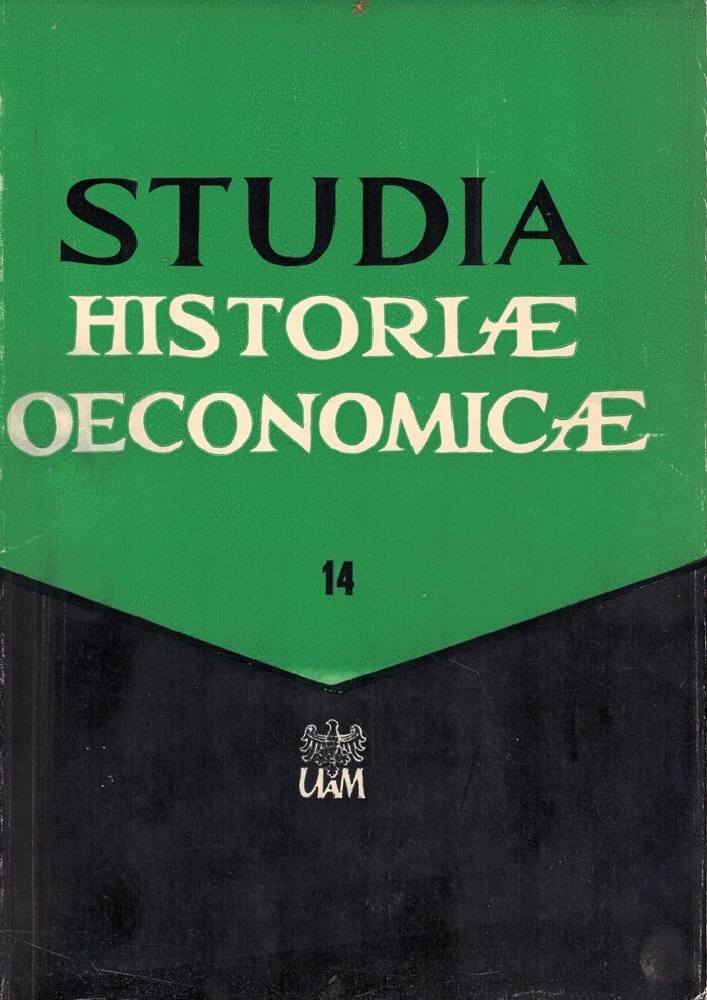Abstract
This study analyzes the role and fate of the Luxembourg steel industry during the German occupation between 1940 and 1944. Following the German invasion of Luxembourg on May 10, 1940, the Grand Duchy underwent a sweeping political, administrative, and economic restructuring. The German authorities aimed not only to assert political control over Luxembourg but also to systematically integrate its economic resources – especially the steel and ore industries – into the war economy of the Third Reich.
The objective of the study is to reconstruct the various efforts by German authorities and industrial conglomerates to gain influence over Luxembourg’s key companies, such as ARBED and HADIR. The author draws on extensive archival sources, official reports, and economic history literature. The analysis explores both direct ownership claims and trusteeships, as well as structural interventions in corporate management through German appointees.
Despite intense efforts, the German side did not succeed in fully taking over the Luxembourg industry. Instead, a model of indirect control emerged – based on economic oversight, production quotas, and influence over personnel decisions. Overall production levels fell significantly short of German expectations due to resistance from the Luxembourg population, resource shortages, logistical difficulties, and deliberate sabotage.
The study concludes that while the Luxembourg steel industry was partially integrated into the German war economy, it never came fully under German control. Forms of passive resistance and the strong institutional structure of Luxembourg’s industrial enterprises prevented complete economic subordination to the Reich.
License
Copyright (c) 1979 Émile Krier
This work is licensed under a Creative Commons Attribution-ShareAlike 4.0 International License.





